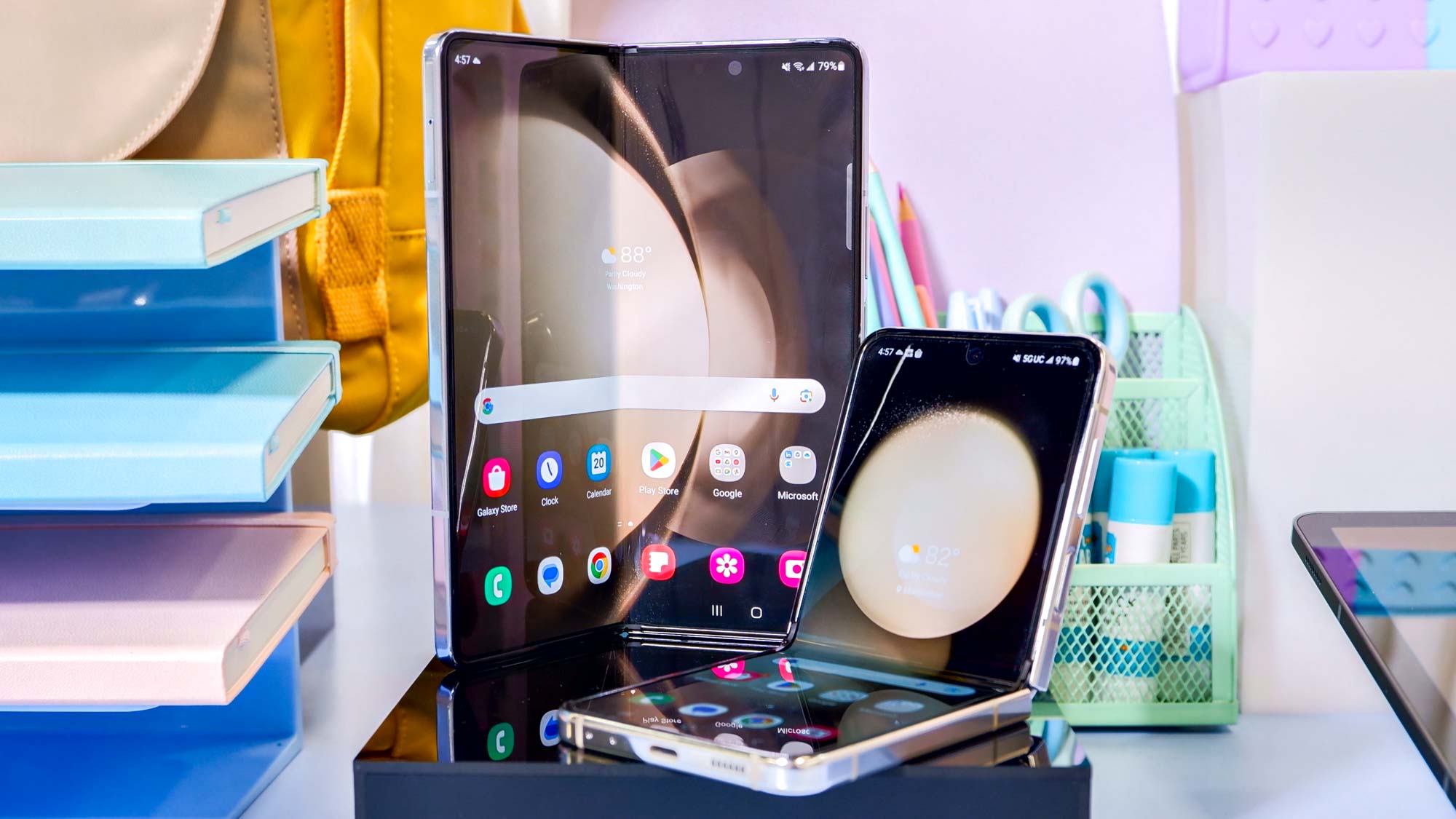Apple To Remove Features Out Of Chinese iPhones After Qualcomm Win
In an effort to fight off a potential major slump in sales Apple has chosen to push a software update to Chinese iPhone users following a recent court ruling that they infringed on two key Qualcomm networking patents.
Apple said it was taking that step to ensure it complies fully with the ruling, which resulted in sales injunctions against six older versions of Apple’s most important device.
The fix involves features that are built into an iPhone for adjusting photographs and managing apps via a touchscreen.
The ban as it currently stands means the iPhone X , iPhone 8 Plus, iPhone 8, iPhone 7 Plus, iPhone 7, iPhone 6s Plus, and iPhone 6s can’t be sold in China. The two patents these smartphones infringe cover how users adjust and reformat photos and how apps are managed using a phone’s touch screen.
It’s important to note that the infringement only applies to handsets running iOS 11 and not the more recent iOS 12. The software update next week will therefore be targeted specifically at iOS 11 users. At the same time, Apple filed a request for reconsideration with the court which invoked the preliminary injunction.
What’s not known is whether Apple will have to compensate users who will lose features in their iPhones. It’s unclear what the envisioned software modifications will entail but some observers claim it could result in features being turned off in Chinese iPhones.
Bloomberg said that the Chinese court’s ruling handed an initial victory to Qualcomm, which is locked in a worldwide dispute with Apple over the licensing fees it charges for the use of technology that underpins all modern phone systems.
Apple claims Qualcomm abuses its position as the biggest supplier of smartphone chips, while Qualcomm counters that Apple is using its intellectual property without paying for it an issue that Apple has faced before from other Companies.
“Based on the iPhone models we offer today in China, we believe we are in compliance,” Apple said in a messaged statement.
“To address any possible concern about our compliance with the order, early next week we will deliver a software update for iPhone users in China addressing the minor functionality of the two patents at issue in the case.”
While iPhones remain on store shelves pending a decision on Apple’s appeal, a negative outcome could affect its sales in the world’s biggest market for smartphones and benefit local rivals like Huawei and Xiaomi claims Bloomberg.








































